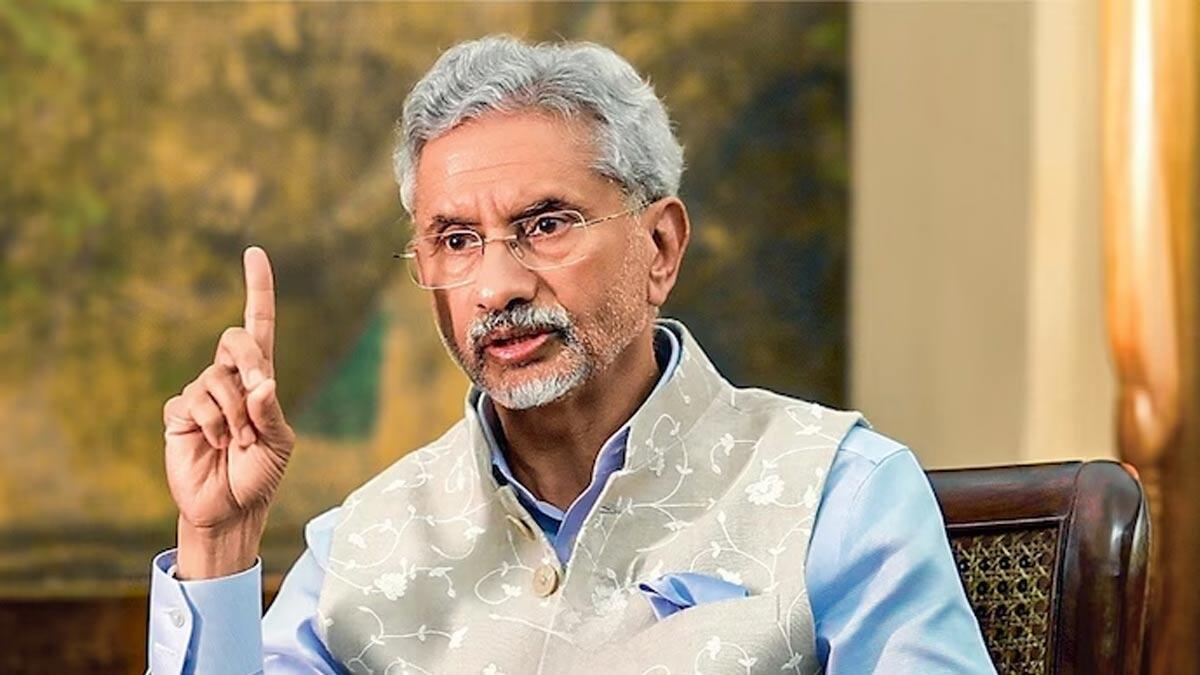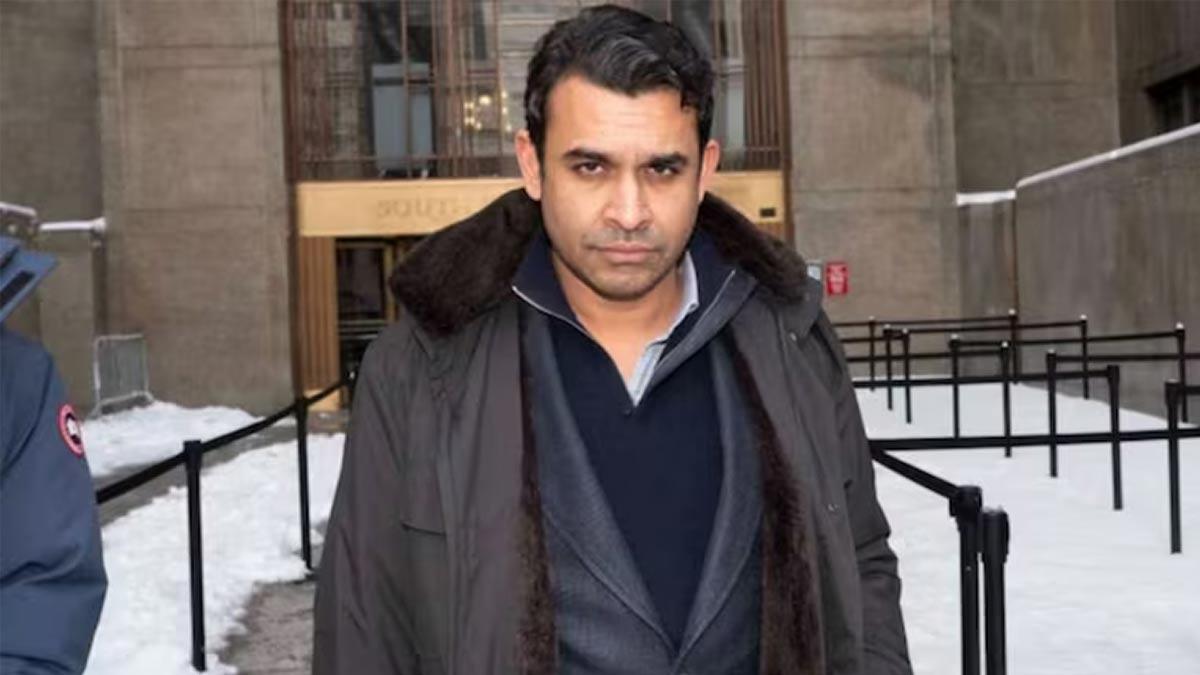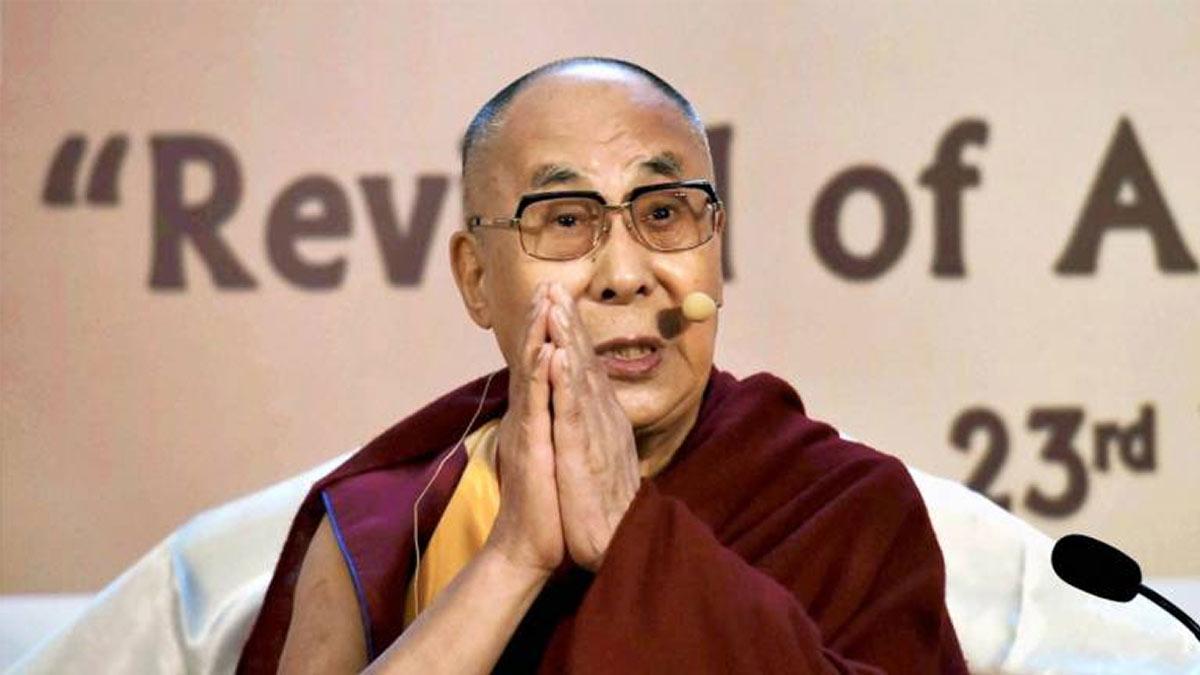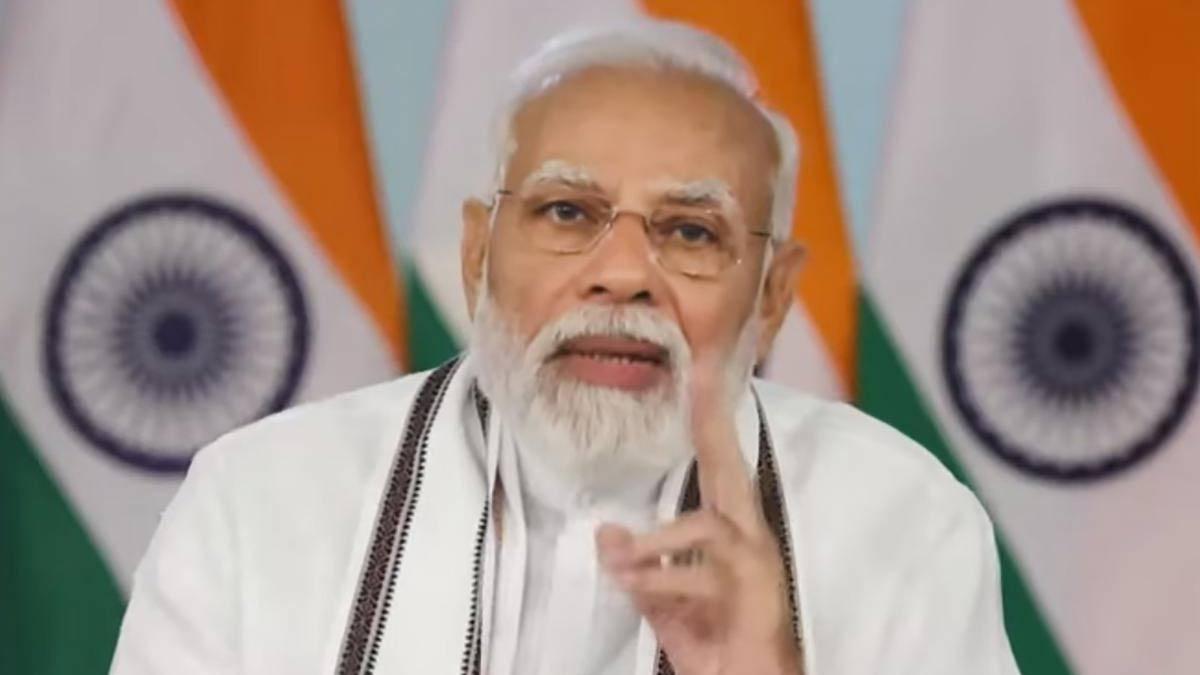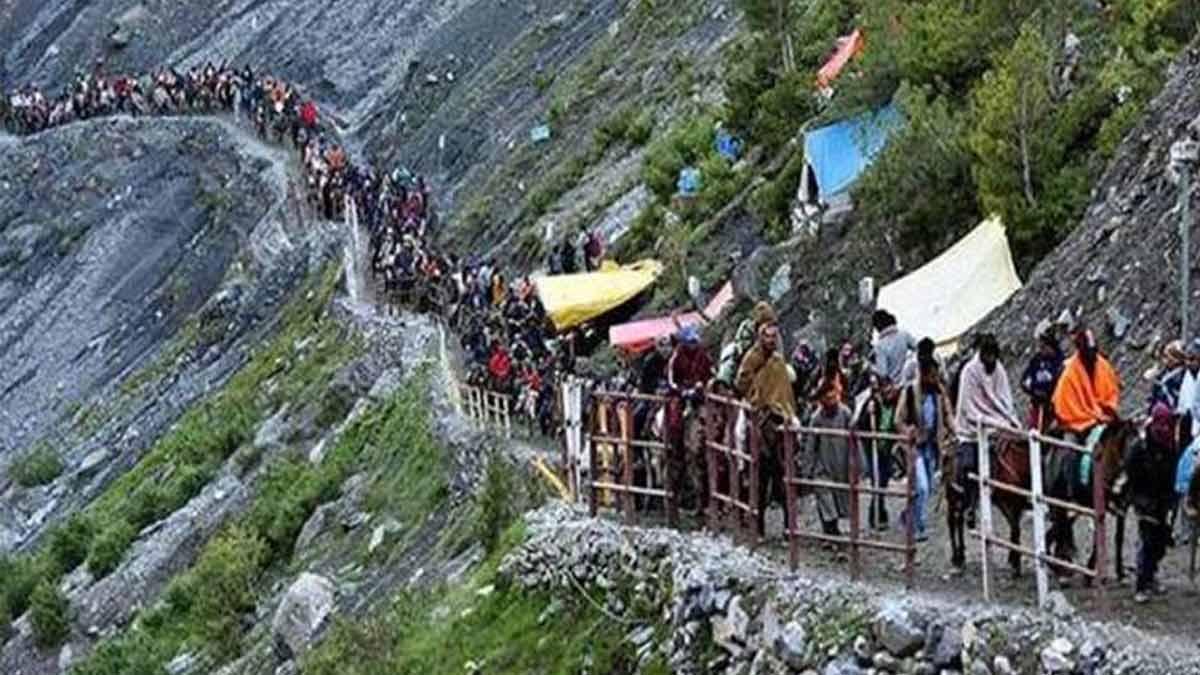Asserting India's presence in the world order is attracting only competition that will grow as the country moves towards becoming a leading power, External Affairs Minister S. Jaishankar on Saturday underlined that friendships are no longer exclusive, especially in an emerging multipolar world.
"Friendships are also not exclusive, particularly so in a multipolar world. It is only to be expected that others, even friends, will seek to maintain their options while restricting ours. You will from time to time hear that our contemporary realism is projected as some kind of inherited dogmatism. Believe me, this is really a mind game at work," Jaishankar said at a book launch in New Delhi.
Even friendships will not be without some hedging, and relating to other major powers is in itself a challenge, considering their broader range of activities and interests.
He noted that convergence should not be confused with congruence as friends of friends may reflect the dilemmas of the old order and the new.
"Some friends may also be more complicated than others.". They may not have the same culture of mutual respect or ethos of diplomatic etiquette all the time. We heard at times comments on our domestic issues with a stated desire to have frank talks. The same courtesies are rarely extended to the other side, however. What is freedom for one appears to be interference from the other. The fact remains, he said, sensitivities like sovereignty and territorial integrity will always be there when it comes to assessing partners."
Jaishankar explained that as India steps out as a 'Vishwamitra,' New Delhi is looking for a friend in as many others as possible, with which it generates goodwill and positives.
"It is also seen in the growing contribution that we make to the world's good and indeed the closer engagement with the global community.". In a way, it is one-on-one diplomacy. You could even call it common sense. Of course, if you look down further, there are a lot of cultural and historical reasons coming into play. And we're certainly not a dogmatic civilization. Then, of course, there's this capability factor that leads to the self-confidence with which we approach the world," he said.
He credits PM Narendra Modi with the leadership from the front in transforming relationships with a number of key partner countries during the last 10 years.
He singled out three transformations:.
The US, Japan, and Australia have enjoyed the fruit of Quad. They are, in fact, proof of overcoming historical inhibitions. UAE and Israel are coming from a region that, for the first time ever, is being engaged holistically. Russia and France are statements of multipolarity, ours as much as theirs, he added.
"If all these ties have changed so much in the last decade, much of the credit should go to Prime Minister Narendra Modi for his personal interest and leadership. Remember, at least three of them, had not even seen a high-level visit for three decades," he remarked.
PM Modi Has Transformed Relations with Key Partners in the Last Decade, EAM Jaishankar
External Affairs Minister S. Jaishankar on Saturday credited Prime Minister Narendra Modi for leading from the front in transforming relationships with several key partner countries over the past 10 years.The EAM, while speaking at the release of the book 'Friends: India's closest strategic partners' authored by Sreeram Chaulia in New Delhi, highlighted three transformations.
The US, Japan, and Australia have benefited from Quad. They are actually examples of overcoming the hesitations of history. UAE and Israel are from a region that is being engaged comprehensively, at last. Russia and France are statements of multipolarity, ours as much as theirs," he said.
"If all these ties have changed so much in the last decade, much of the credit should go to Prime Minister Narendra Modi for his personal interest and leadership. Remember, at least three of them had not even seen a high-level visit for three decades," EAM Jaishankar quipped.
While in some cases, he said, limited interaction took place, in others there were "longstanding ideological doubts" to overcome.
I would say that fostering friendships for a large power like India is never an easy task.
"There is the emotional factor which arises from shared experiences and comes out most visibly in regard to the Global South inasmuch as we do have a historical commonality. But smaller partners need constant reassurance as well as non-reciprocal handling. We see that as well in our Neighbourhood First policy.
Jaishankar admitted that India's present day presence in world order comes with competition that would keep growing as the country emerges as a leading power wherein even friendships are not solely exclusive in the multipolar world.
"Even friendships will not be without some hedging. Relating to other major powers is also a challenge in itself. The more global they are, the broader are their range of activities and interests… Sometimes friends have other friends, who may not necessarily be ours. They may reflect the dilemmas of the old order and the new. It is therefore essential that we never confuse convergence for congruence," said the EAM.
Read also| Coordinated Patrols Begin Between Indian and Chinese Armies in Demchok Along LAC

